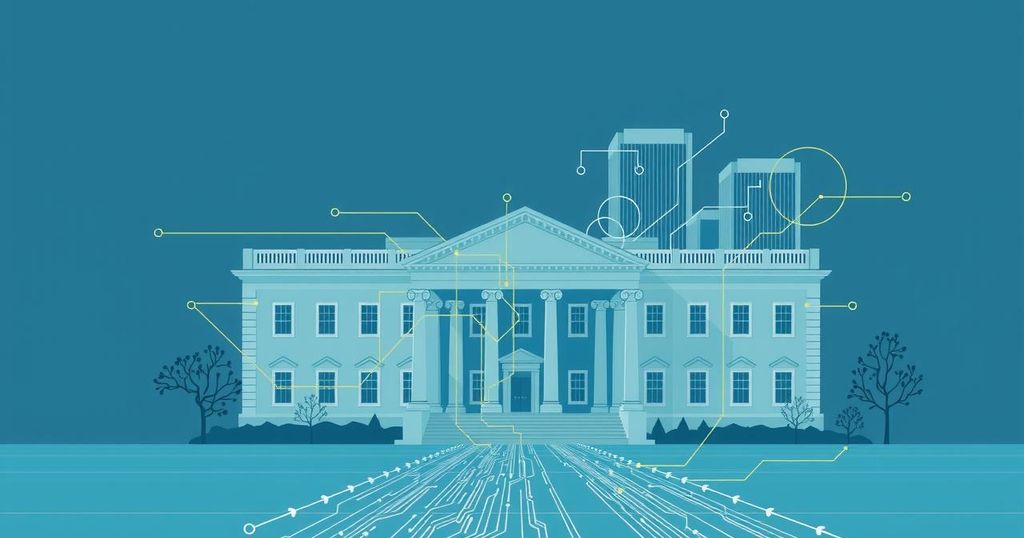Exploring the Future of Education: AI’s Role in Enhancing Academic Practices
The University of Rhode Island’s summit on AI brought together educators and experts to explore its role in academia. Discussions covered practical applications, ethical issues, and collaboration on AI policies among institutions. Attendees learned how AI can enhance teaching and research while fostering critical thinking skills in students. As they navigate these challenges, educators are encouraged to use AI as a supportive tool rather than a replacement for traditional learning.
The University of Rhode Island hosted a summit focusing on the integration of artificial intelligence in academia, engaging educators, researchers, and industry experts. The discussions revolved around the practical applications and ethical considerations of AI, aiming to enhance teaching, research, and productivity. Attendees examined how AI can assist students and faculty, with an emphasis on fostering critical thinking rather than replacing the human element in educational practices.
Interim Vice Provost Sue Adams highlighted the importance of recognizing students’ use of AI for assignments, stressing that faculty need to guide them ethically. Educators can utilize AI not only to streamline lesson planning but also to deepen students’ understanding and engagement. This collaborative approach allows students to ask rigorous questions about AI-generated content, further building their research skills.
The summit also explored policy development for AI usage among Rhode Island institutions, aiming for transparency in its application. Keynote speaker Vance Ricks emphasized the importance of balancing fears and hopes in AI’s role in education, advocating for “technomoral courage” to navigate potential ethical pitfalls effectively. Attendees participated in sessions dedicated to innovative AI use in the classroom and implications for diverse research disciplines.
Workshops showcased various practical AI applications—from enhancing student engagement through group activities to integrating advanced tools for research across disciplines. Participants learned to harness generative AI for creating clinical case studies, improving lessons while fostering critical skills in students. Additionally, sessions focused on using AI tools to boost workplace efficiency by streamlining daily workflows, allowing educators more time for essential reflections and deep thinking.
The summit even delved into the merits of informed resistance against AI technology. Discussions focused on understanding the motives behind selective adoption of AI, shedding light on when and why educators might choose not to engage with these tools. Overall, the event served as a crucial platform for navigating the challenges and opportunities presented by AI in academia, emphasizing that it should support rather than overshadow human ingenuity.
The integration of artificial intelligence in educational institutions represents a significant advancement in teaching and research practices. Recognizing the dual role that AI plays—assisting and enhancing human efforts—is crucial for educators as they adapt to this evolving landscape. The summit at URI aimed to provide insights into ethical implications, effective AI applications, and collaboration among various academic institutions to establish common guidelines for leveraging AI responsibly.
The URI summit illustrated the dynamic interplay between AI and education, showcasing not only its benefits in enhancing academic productivity but also the ethical responsibilities educators must embrace. Faculty collaboration and policy development are essential for guiding effective AI usage in classrooms. As educators strike a balance between leveraging AI and nurturing critical thinking skills, the summit emphasized that AI should remain a tool for empowerment rather than replacement.
Original Source: www.uri.edu




Post Comment